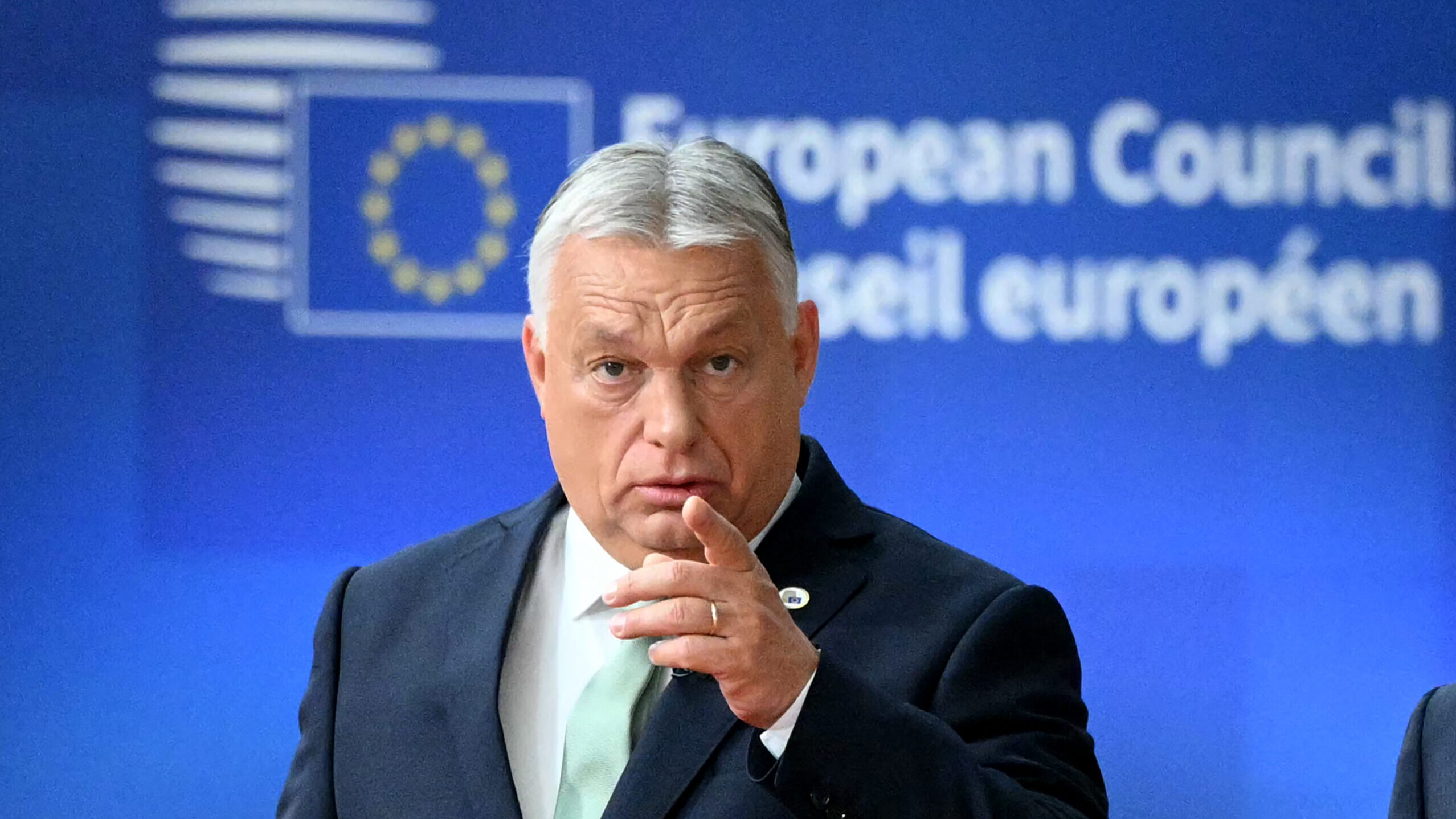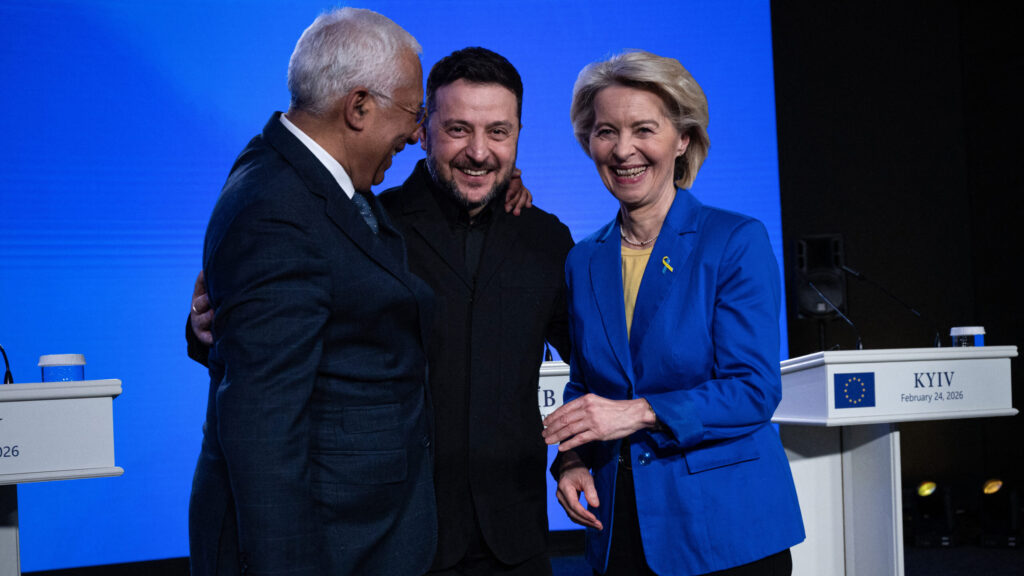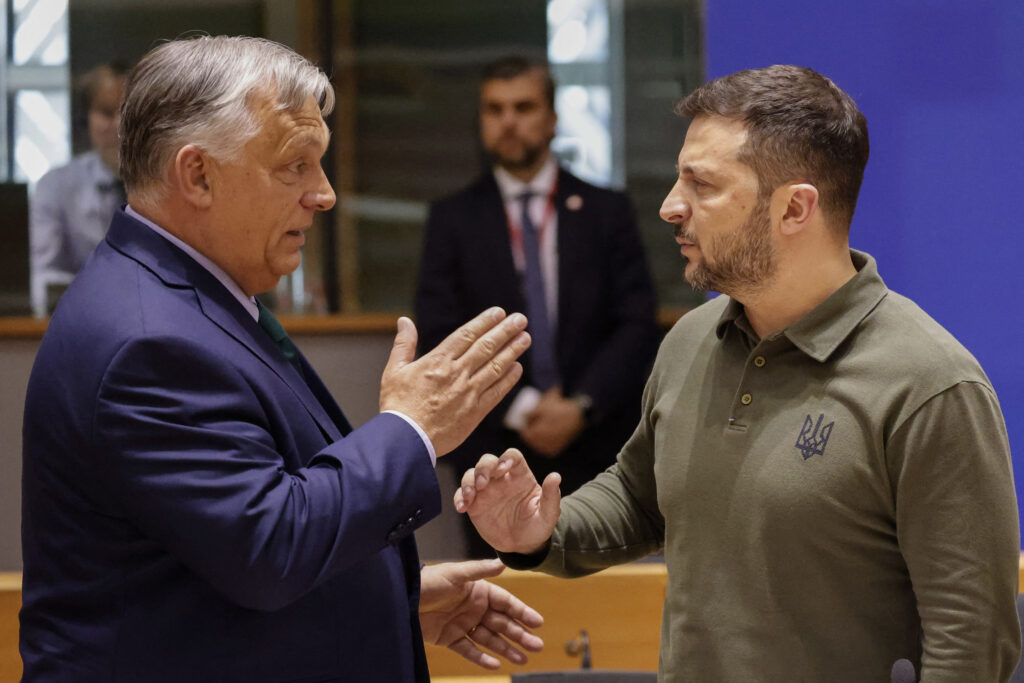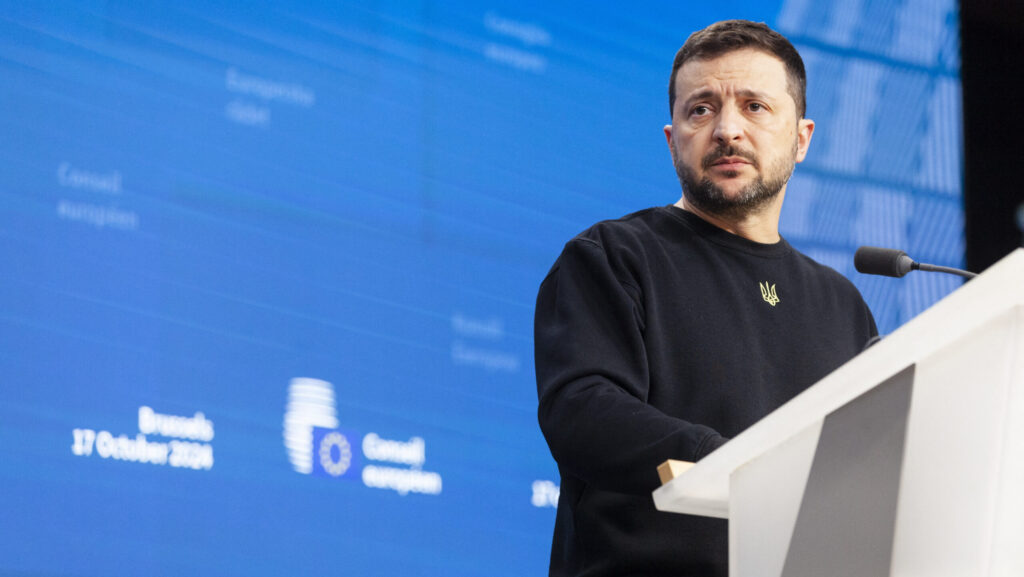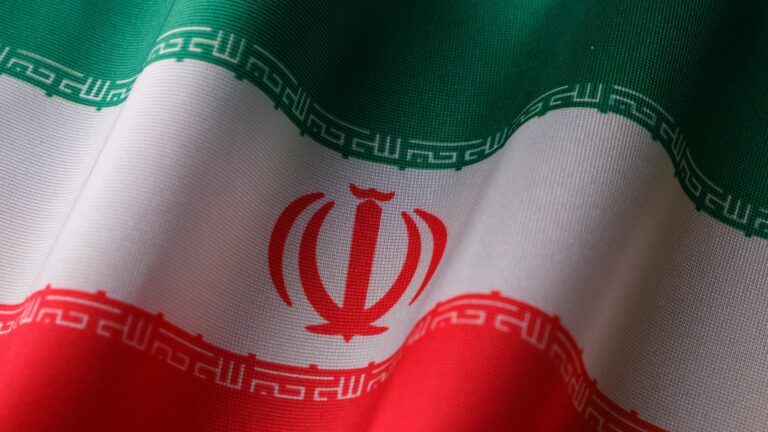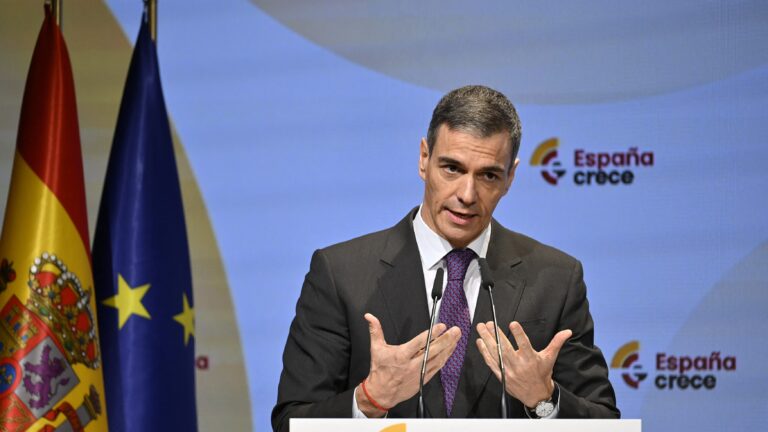Western media reports increasingly suggest that Hungary and Prime Minister Viktor Orbán could drop their veto on Ukraine’s accession to the European Union. The speculation followed an alleged phone call between US President Donald Trump and Orbán in August, during which Trump may have pressured his long-time ally to lift his blockade on Kyiv’s EU bid.
The main source of these claims is a report by POLITICO Brussels, citing exclusively anonymous EU officials who said that ‘Orbán now has the possibility to climb down from the anti-Ukraine tree.’
However, even the very existence of the phone call remains disputed. Reuters reported on 21 August that a ‘White House official’ confirmed Trump and Orbán had spoken about Ukraine’s accession—as well as Budapest as a possible venue for peace talks between Russian President Vladimir Putin and Ukrainian President Volodymyr Zelenskyy. This was immediately denied by Hungarian Minister of Foreign Affairs and Trade Péter Szijjártó, who insisted that the call focused solely on the potential Putin–Zelenskyy summit.
Orbán has long been the only EU leader blocking Kyiv’s EU bid—a stance reaffirmed after an emergency European Council summit in March 2025. Following that meeting, the Hungarian Prime Minister vowed to veto every joint conclusion on Ukraine and the opening of accession clusters, a promise he repeated in July. The Hungarian government even initiated a public vote on the issue in April, which concluded in June. According to the official results, 95 per cent of respondents opposed Ukraine’s accession to the EU.
There are several reasons why Hungary opposes Kyiv’s EU bid. First, the Ukrainian administration restricted the language rights of ethnic minorities, including Transcarpathian Hungarians, several years ago. While minor changes have since been introduced, the pre-2014 conditions have yet to be reinstated, as Szijjártó has repeatedly highlighted.
Moreover, one of Orbán’s central arguments is that integrating Ukraine into the EU would mean integrating an open military conflict with Russia—effectively making all EU member states parties to the war. Hungary’s position from the outset of the conflict has been to remain neutral and avoid direct involvement, and this stance has not changed.
The recent reports suggesting otherwise appear to be part of a joint pressure campaign by Ukraine and its Western allies to push Hungary into dropping its veto. The opaque nature of the alleged Trump–Orbán phone call further supports this interpretation. None of the reports provides concrete details of any deal, and neither Orbán nor Trump has commented publicly on the matter.
Meanwhile, Ukraine has escalated drone strikes on the Druzhba oil pipeline, a key route for Russian energy supplies to Hungary. These attacks on Hungary’s energy security are clearly being used as political leverage to pressure Budapest, as Zelenskyy himself admitted on 23 August.
Hungarian officials’ statements on Ukraine’s accession have not shifted since the alleged phone call. On 30 August, Hungarian Minister of EU Affairs János Bóka reiterated the well-known argument that Ukraine’s membership would ‘bring the war into the EU’ and ‘open the door to a European United States’—an idea Budapest also strongly opposes. Following the informal EU Foreign Affairs Council in Copenhagen on 30–31 August, Szijjártó declared that Hungary would not agree to open the first negotiation clusters on Ukraine’s accession, deriding the European Commission as an ‘Ukrainian Commission’.
It is also important to note that Hungary is preparing for parliamentary elections in 2026, expected to be one of the tightest contests in the past 15 years. A key pillar of the governing Fidesz party’s campaign is opposition to Ukraine’s EU accession. Abandoning this stance could cost Orbán vital core voters and risk portraying his government as weak—a perception he is determined to avoid.
Related articles:

